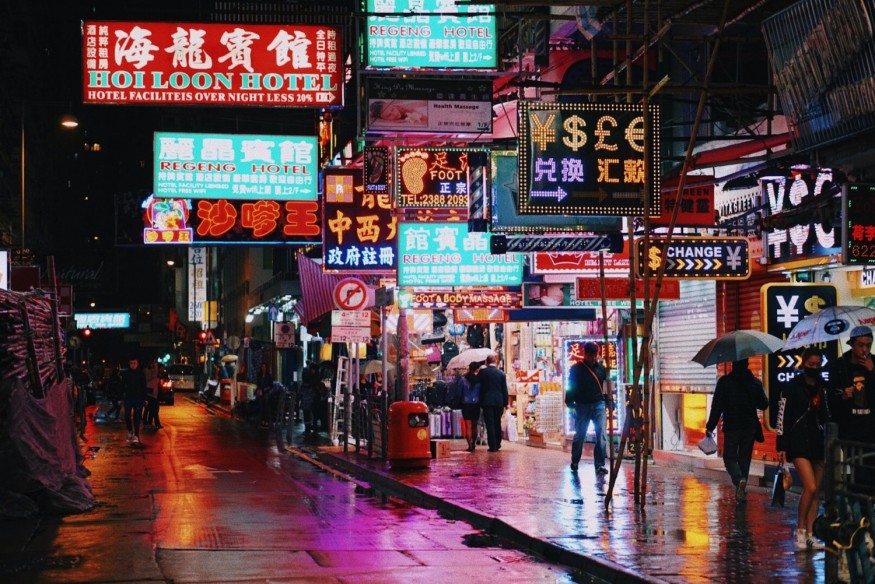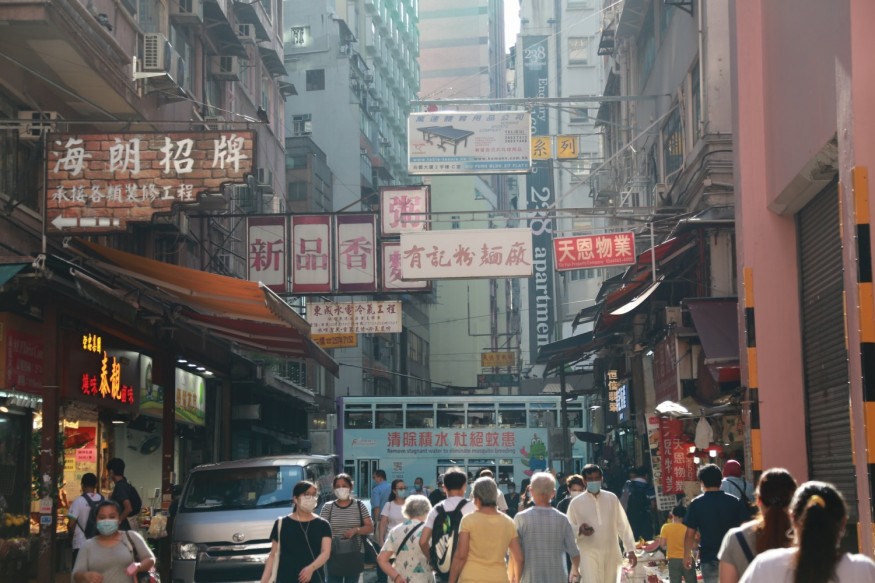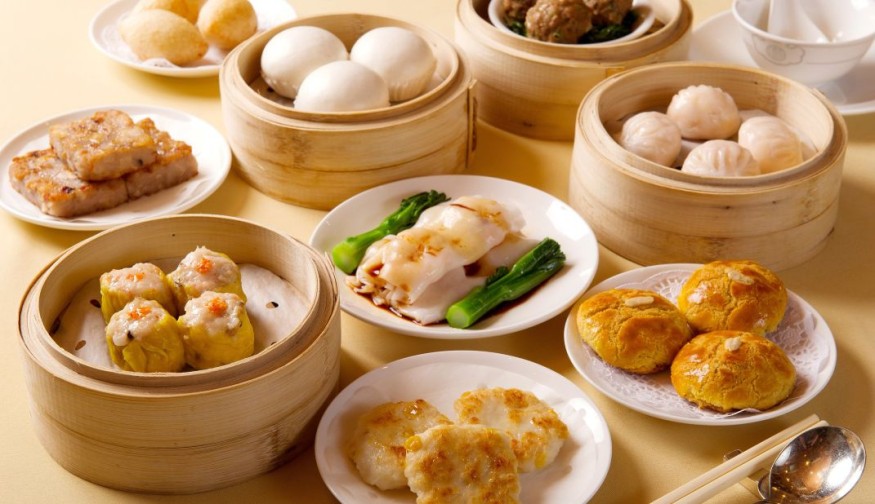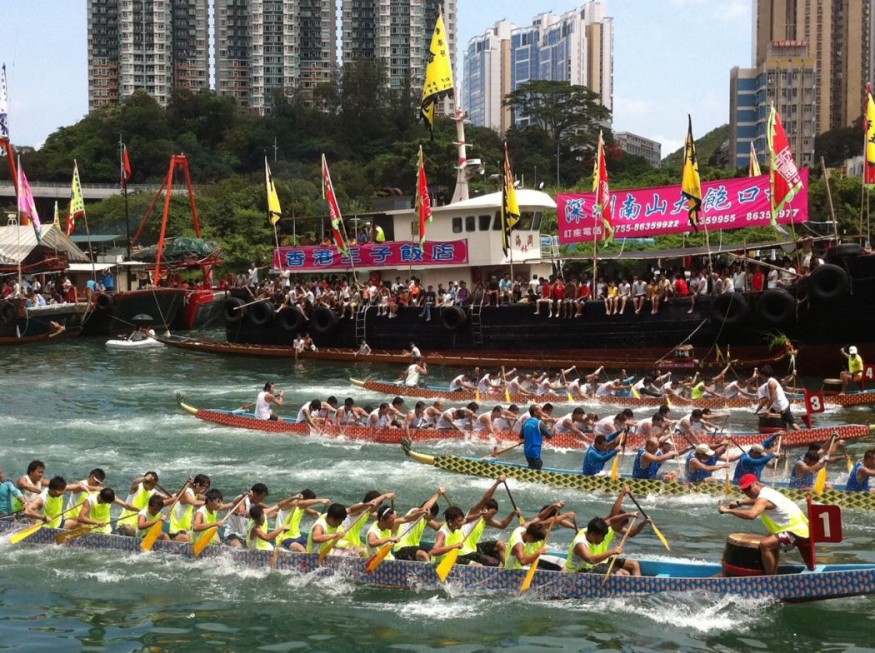When you think of Hong Kong, you might first picture its iconic skyline or bustling harbor. Yet, there's much more to this city than its urban landscape. The culture of Hong Kong is a fascinating aspect that often goes unnoticed. This culture, shaped by historical, traditional, and modern influences, is a key part of understanding this global lifestyle.

So, are you familiar with Hong Kong culture? It ranges from everyday customs to annual celebrations that are integral to the city's identity. The resilience and adaptability of the people here are evident in their traditions, language, and everyday life, showing how the culture has evolved while staying true to its roots.
Here are the eight interesting facts about Hong Kong culture that will enhance your knowledge and enrich your appreciation.
1. The Distinctive Mix of Eastern and Western Influences
Hong Kong culture showcases a striking mix of Eastern and Western elements. This combination is apparent in architecture, cuisine, and festivals. Traditional Chinese events like the Mid-Autumn Festival coexist with Western celebrations like Christmas, showing the city's cultural mix.
2. Celebrates Vibrant Art Scene
Cantonese Opera, central to Hong Kong culture, features colorful costumes, distinct musical styles, and engaging narratives. These performances blend singing, martial arts, and acting, reflecting the region's artistic history.
3. Speaks Cantonese As the Main Language
In Hong Kong, Cantonese is the main language, shaping a unique linguistic environment. English also plays a key role, particularly in business and education. This bilingual setting enriches Hong Kong's cultural identity.

Related Article: Here Are Some Interesting Facts About Inuit Culture in the Canadian Arctic That You Might Not Know
4. Practice Feng Shui
Feng Shui, an ancient Chinese art, is integral to Hong Kong culture. It influences building design and urban planning, aiming for harmony between people and their surroundings. The city's skyline, with its distinctive building designs, often follows Feng Shui principles.
5. The Love for Dim Sum
Originating from Cantonese cuisine, dim sum consists of a variety of small, bite-sized dishes typically served with tea. This culinary tradition plays a significant role in Hong Kong culture, showcasing the region's love for food.

The menu includes a wide range of choices, from steamed buns and dumplings to rice noodle rolls and tarts. Each dish is prepared with precision and care, focusing on flavor and presentation. Popular items like siu mai (pork dumplings), har gow (shrimp dumplings), and char siu bao (barbecue pork buns) are staples in any dim sum meal.
6. Festivals: A Time for Traditions
Hong Kong's calendar features colorful festivals that celebrate traditional Chinese customs. The Dragon Boat Festival and the Lunar New Year are prime examples, with special customs, foods, and activities that reflect local traditions.

7. Tea Culture
Tea is important in Hong Kong culture, symbolizing hospitality and connection. The 'yum cha' experience, involving Chinese tea and dim sum, is essential for social gatherings.
8. The Role of Family Values
Family is central to Hong Kong culture. Respect for elders and a focus on family unity are key values. Festivals and gatherings often revolve around family, strengthening these bonds and traditions.
This article is copyrighted by Travelers Today, the travel news leader




